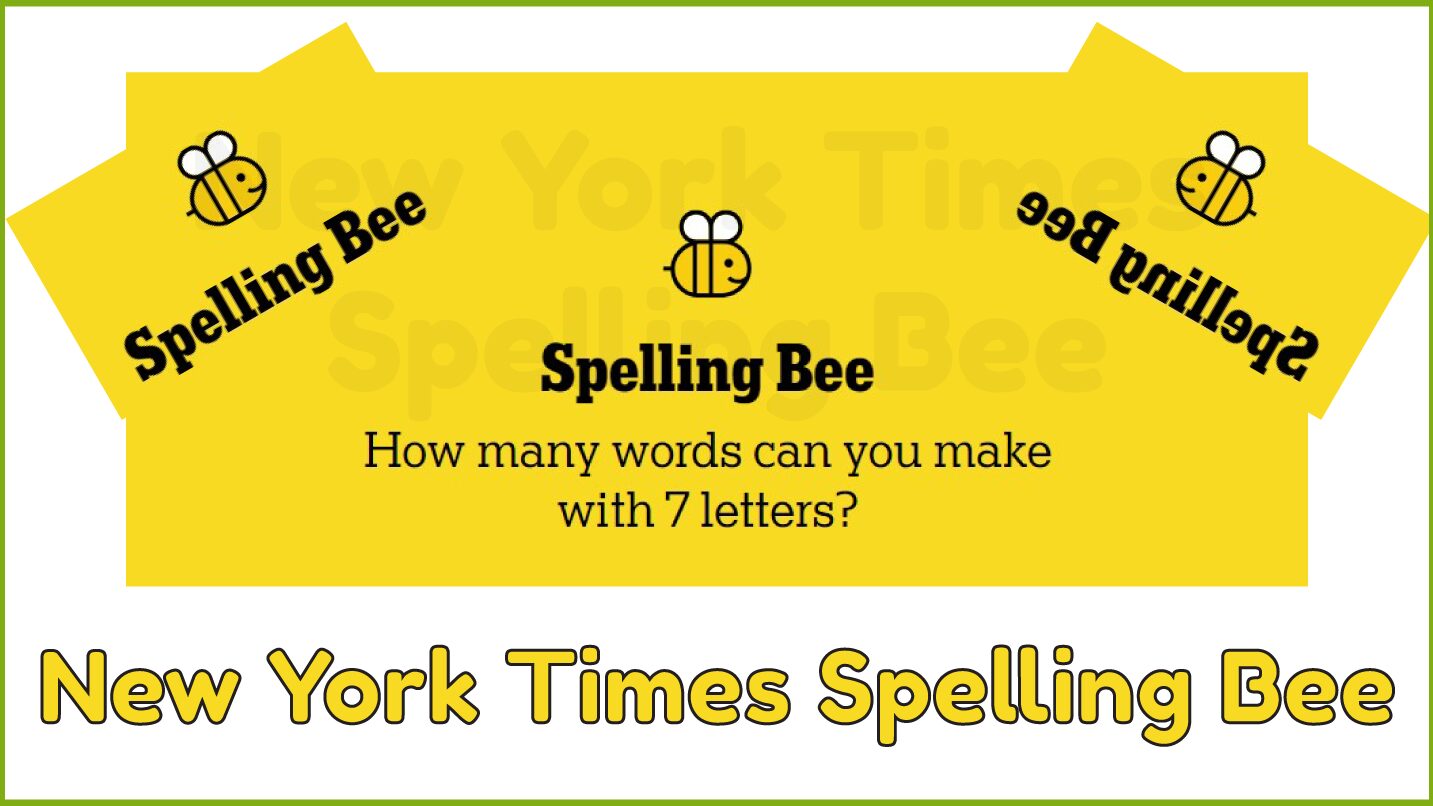To excel in a spelling bee, it is essential to familiarize yourself with common spelling patterns and rules. By understanding these patterns and rules, you can improve your ability to spell words correctly. Start by learning the basic phonetic sounds associated with different letters and letter combinations. For example, “ph” often makes an “f” sound, as in the word “phone.”
Once you have a good grasp of phonetic sounds, move on to studying common prefixes and suffixes. These are word parts that are added at the beginning (prefix) or end (suffix) of a base word to change its meaning or form. Understanding these affixes can help you decipher unfamiliar words during the spelling bee. For instance, the prefix “un-” generally means “not,” so if you encounter the word “unhappy,” you’ll know it means “not happy.”
Make sure to learn spelling rules such as when to double consonants before adding a suffix (e.g., dropping vs. dropping), when to use “i” before “e” except after “c” (e.g., receive vs. deceive), and when to change a final “-y” to “-ies” for pluralization (e.g., baby vs. babies). These rules will provide you with valuable guidelines that can enhance your spelling accuracy.
NY Times Spelling Bee Information
| Category | Details |
|---|---|
| Game Name | NY Times Spelling Bee |
| Developed by | The New York Times |
| New puzzle time | Varies |
| Year | Varies (Initiated before 2023) |
| Session | 15th December 2023 |
| Recent Answer Updated | |
| NY Times Spelling Bee Forum | Spelling Bee Forum |
| NY Times Spelling Bee Puzzle | NY Times Spelling Bee |
| NY Times Spelling Bee on Google Play | Google Play Store |
| NY Times Spelling Bee on App Store | Apple App Store |
Practice by Participating in Mock Spelling Bees or Studying Previous Competition Word Lists
One of the most effective ways to prepare for a spelling bee is through practice. By participating in mock spelling bees or studying previous competition word lists, you can build confidence and improve your overall performance.
Organize mock spelling bees with friends, family members, or classmates who are also preparing for competitions. This allows you to simulate the actual environment of a spelling bee while receiving feedback from others. Take turns acting as the pronouncer and contestants, challenging each other with words from official spelling bee word lists. This practice will help you become comfortable with the pressure of being on stage and increase your ability to spell words accurately under similar circumstances.
In addition to mock spelling bees, studying previous competition word lists can be highly beneficial. These lists often include words that have been used in past spelling bees, giving you insight into the types of words that may appear in your own competition. Reviewing these lists allows you to familiarize yourself with the vocabulary and identify any patterns or recurring themes.
To make your studying more effective, create flashcards with the words from previous competition lists. On one side of the flashcard, write the word, and on the other side, write its definition or a sentence using the word. Use these flashcards for regular practice sessions to reinforce your memory and understanding of each word.
Remember that consistency is key when preparing for a spelling bee. Set aside dedicated time each day to study and practice spelling words. By incorporating these strategies into your preparation routine, you’ll be well-equipped to tackle any challenge that comes your way during the actual spelling bee.

